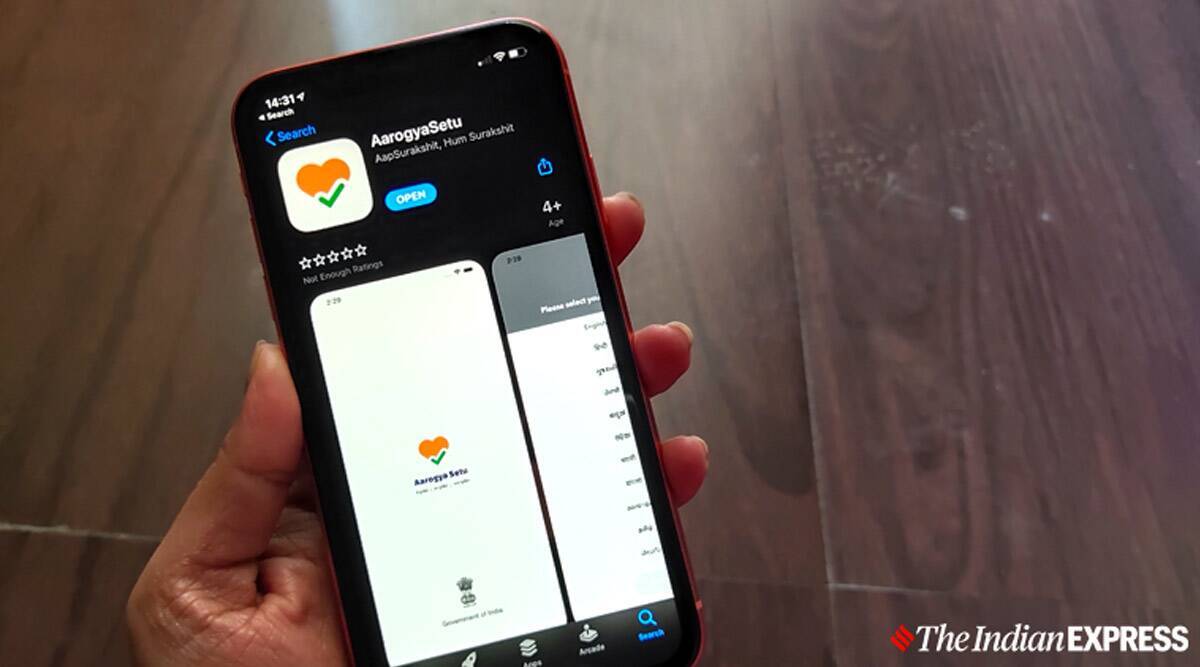Blockchain security companies tackle cryptocurrency theft, ransom tracing
According to data from the Rekt leaderboard, cybercriminals have stolen as much as $3 billion of investor funds through 141 various cryptocurrency exploits since January, putting 2022 on track to top 2021 levels of digital currency malfeasance. Comparitech’s cryptocurrency heists tracker indicates that since 2011, hackers have stolen $7.9 billion in cryptocurrency worth about $45.5 billion in today’s value.
Along with the increased dollar amounts of cryptocurrency thefts, the scams, hacks, and exploits of cryptocurrency, Web3 (a decentralized view of the web that incorporates blockchain technologies and token-based economics), and blockchain-related organizations are growing bolder and more lucrative for malicious hackers even as the value of cryptocurrencies stagnates. This month alone, Binance saw its BNB chain drained of $586 million, close to the all-time most significant cryptocurrency theft of $624 million from the Ronin Network in March 2022.
The threat actors in these and other instances likely didn’t keep all or even most of the astonishing amounts stolen but, in many cases, are increasingly granted handsome “bounties” in exchange for a return of some or most of the missing funds. Avraham Eisenberg, the man behind a $114 million exploit on Mango Markets in mid-October, got to keep $47 million of his allegedly ill-gotten gains in exchange for returning $67 million to the project.
A new crop of cybersecurity companies has emerged
The mind-boggling amount of money generated from crimes against an array of digital finance segments has no real parallels in the traditional cybersecurity world, which has yet to amass the expertise needed to discover, track, and remediate security incidents in the blockchain space. Part of the reason conventional cybersecurity professionals are reluctant to devote resources to the digital currency arena is the belief among many top experts that cryptocurrencies are little more than financial fraud, an opinion they feel is borne out by the current collapse in the cryptocurrency market.
Against this backdrop, a new crop of security companies has emerged to help Web3 firms cope with the chronic crime and assist…



